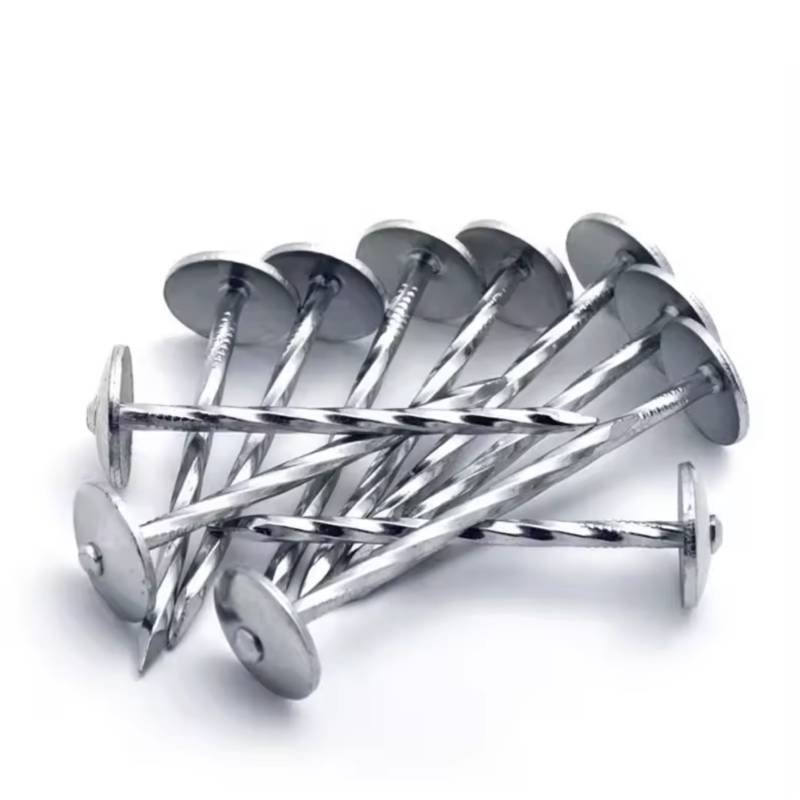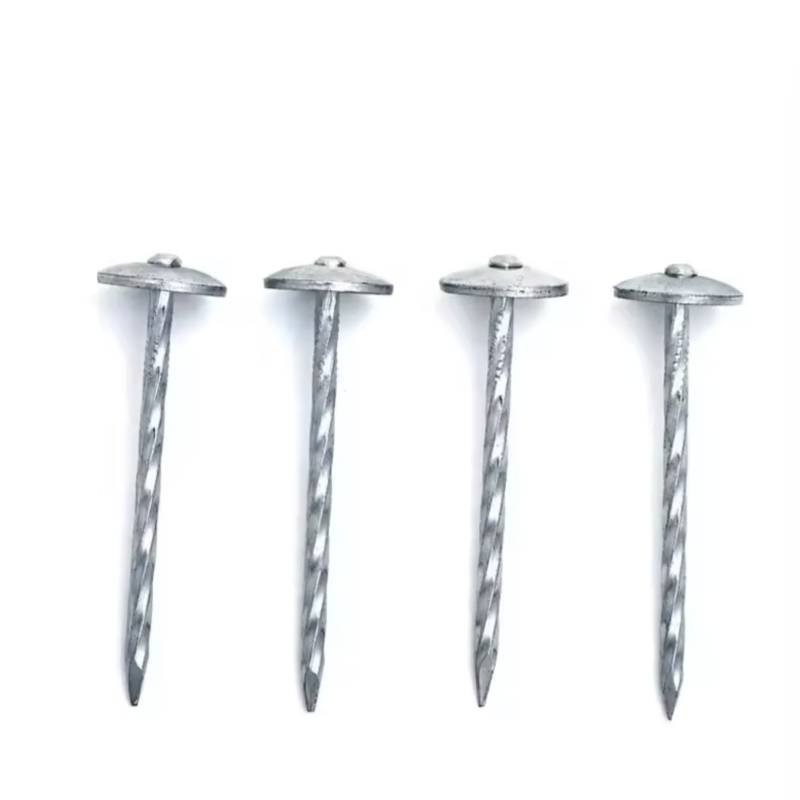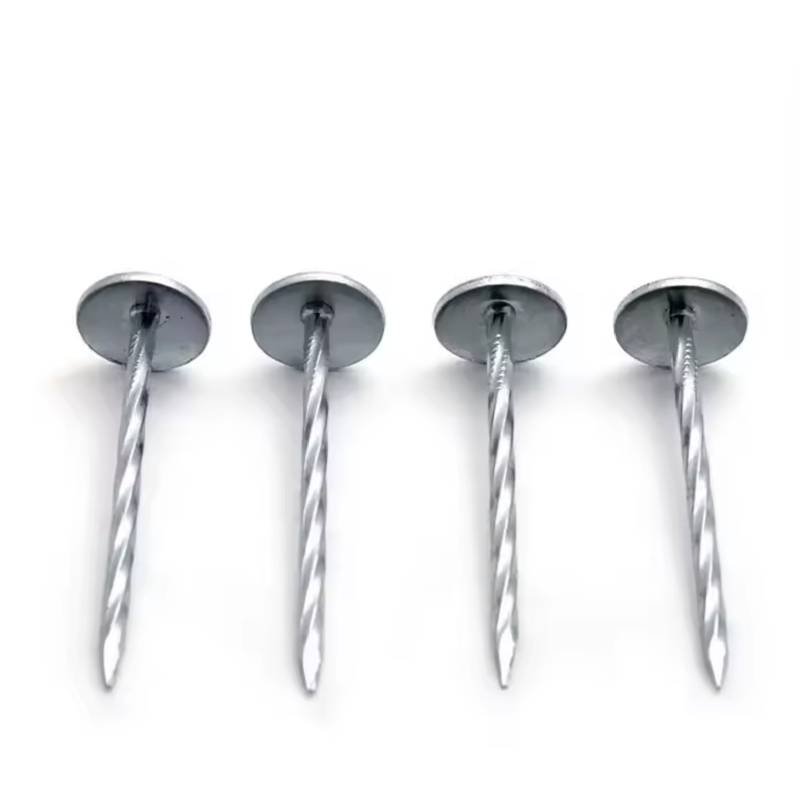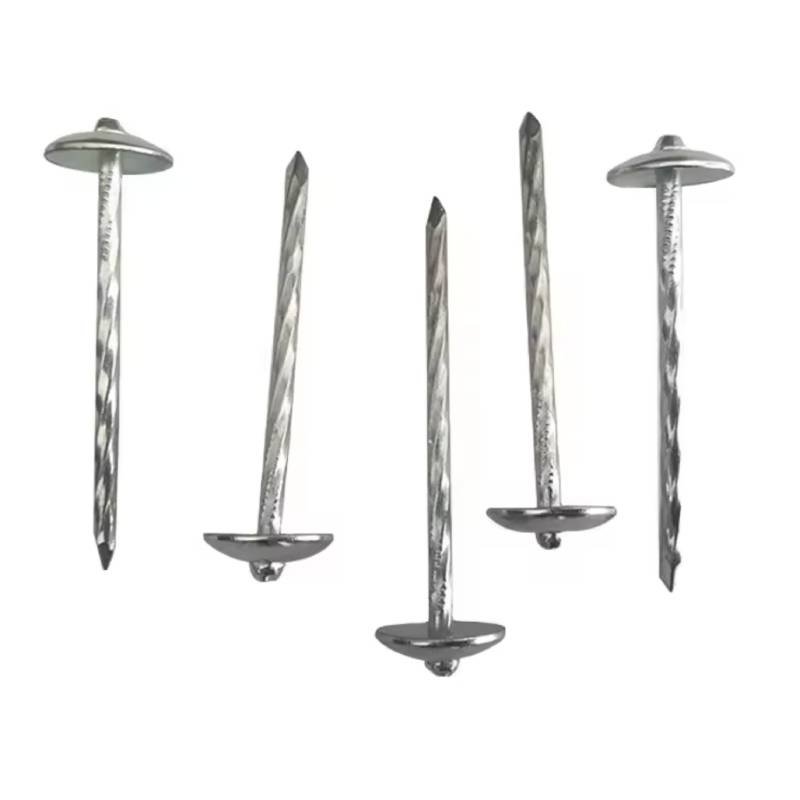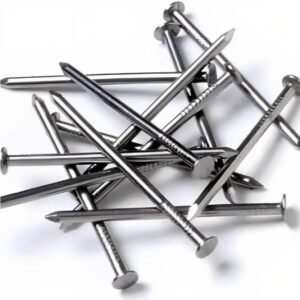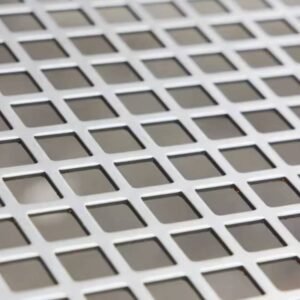Roofing Nails
Roofing Nails
Roofing nails are commonly used for securing wooden structures as well as for fixing asbestos sheets and plastic tiles in roofing applications.
Strong stability, high durability, safety, and utility; made from excellent materials with a smooth, bright surface. Features corrosion resistance, moisture-proof, wear resistance, and high toughness. Hot-dip/electro-galvanized coating ensures rust prevention, long service life, and cost-effectiveness.
- Source factory price
- Assembling quantity guarantee
- Provide customized services
- hkygs000@gmail.com
- +86 13016023760
Product Details
Roofing Nails Description
Roofing nails are specially designed fasteners widely used for securing roofing materials such as wood components, asphalt shingles, asbestos tiles, and plastic tiles. Made from high-quality steel, they are often treated with hot-dip or electro-galvanized coatings to enhance corrosion resistance and extend service life. With strong holding power, durability, and resistance to rust, roofing nails ensure stable and long-lasting roof installations, making them an essential material in construction and renovation projects.
Material: Cold drawn wire
Roofing Nails Specification
Specification: 1.5″-3″
Nominal Diameter: 2.8-4.2 mm
Length: 40-80mm
Surface treatment: galvanized, polished
Specification: 9BWG*2″ 9BWG*2 1/2″ 10BWG*2″ 10BWG*2 1/2″
11BWG*1 1/5″ 11BWG*2″ 12BWG*1 1/5″ 12BWG*2″ 8BWG*2 1/2″ 8BWG*3″ or according to customer’s requirement

Roofing Nails Classification
Based on the shape of the nail head, roofing nails can be divided into flat-head and round-head types. Depending on the shank design, they are available in light smooth shanks, ring shanks, spiral shanks, and square shanks. This variety allows buyers to choose or customize roofing nails according to specific application needs, ensuring the most secure and effective fastening performance.
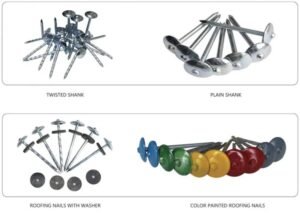
Roofing Nails Uses
Roofing nails are widely used in industrial construction, sand casting, furniture repair, packaging crates, and more. They are commonly applied to wood installations, fixing, and connections, but can also be used to fasten ferrous materials such as tin and aluminum alloys.
Some roofing nails are designed with shallow threads, which may not provide strong holding power for wood, especially particle boards. However, when applied to harder materials like metal, shallow threads are more effective — offering sufficient tension with minimal deformation, making it easier to drive the nail in securely.
Note: Please leave your email address, our professionals will contact you as soon as possible!

